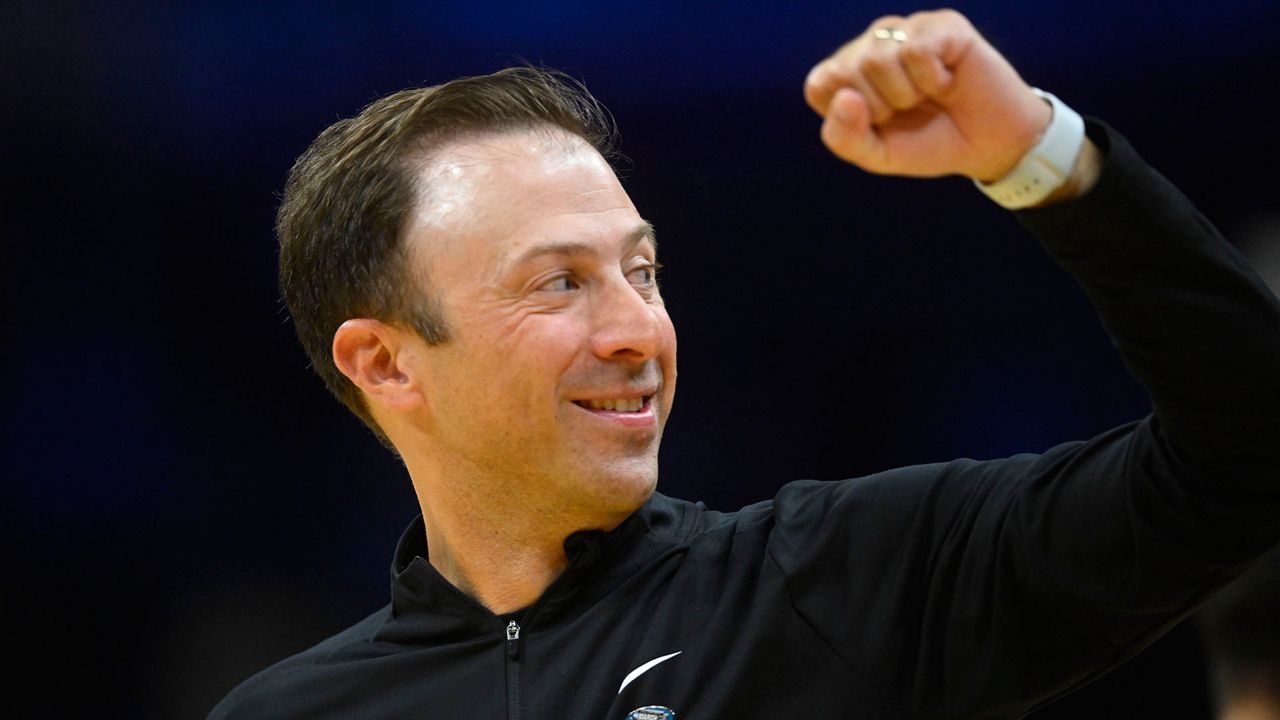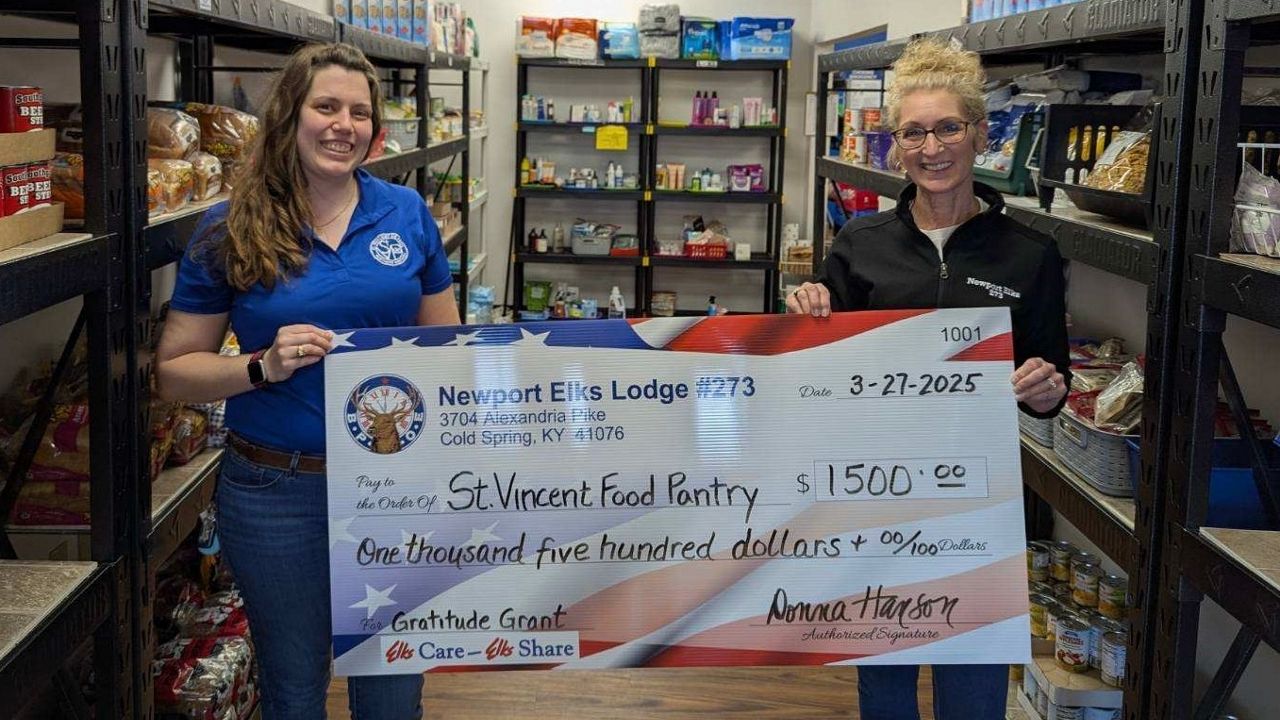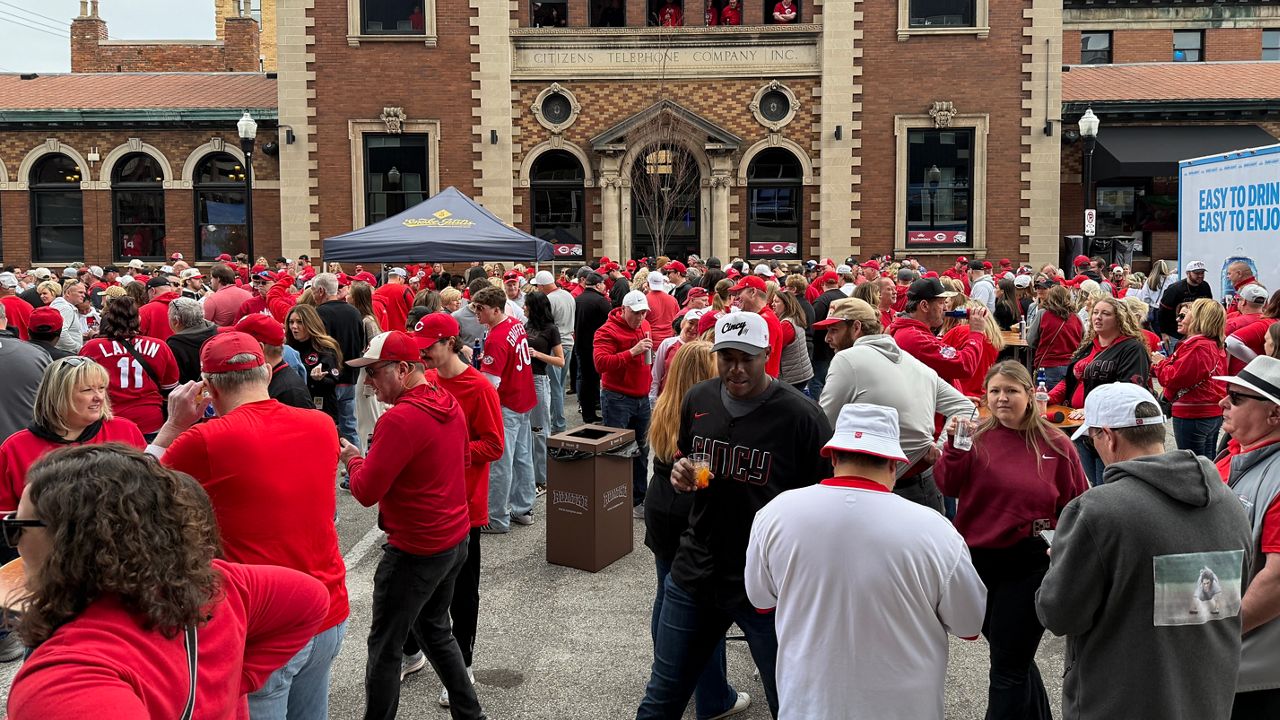NORTHERN KENTUCKY — Stephen Voss, associate professor of political science at the University of Kentucky and specialist in elections and voting behavior, discussed what he views as the most consequential ballot items for Kentucky voters heading into election day.
While many people around the country are focused on what’s going to happen with the races for the U.S. Senate and House of Representatives, “Our congressional elections, including our senate election, they’re all pretty sleepy now that the primaries are settled,” Voss said.
Instead, a pair of proposed state constitutional amendments, which will determine whether Kentucky will protect abortion rights are what Voss said he thinks will drive Kentuckians to the polls.
What You Need To Know
- A UK political science professor expects Kentucky’s constitutional amendment proposals and legislative races to be the most consequential ballot items for voters this election
- Models that once forecasted a “bloodbath” for Democrats this election now show they could fare better than previously projected
- Northern Kentucky’s big three counties of Boone, Kenton and Campbell have not been floating to the right in the same way the rest of the state has
- One of the biggest races in northern Kentucky, district six supreme court justice, features “rare” ideologically charged campaigning
Those, along with some key races in the state legislature where Republicans hold supermajorities in both chambers, are the primary draws on the ballot.
“Whether the Democratic party will be able to rise up and serve as a counterbalancing force, a robust opposition party, is partly going to be shaped by how many of those democrats can hold on under the new map,” Voss said. “Northern Kentucky has some of the most interesting and most uncertain state legislative districts. So what goes on in northern Kentucky likely will determine whether the Democratic bloodbath continues.”
Voss said models that once forecasted the bloodbath would continue now show Democrats could fare better than they previously projected. However, those initial forecasts can become self-fulfilling prophecies, Voss said.
“Democratic candidates may not get the attention, may not get the funding, you may not even get the Democratic candidates emerging that you hoped you would, if you had known your chances would be better,” he said.
The term “red wave” has been used by many Republican leaders to describe the overwhelming success they are projecting their party will have on election day.
“My best guess is that Kentucky won’t get even ripples from the so-called ‘red wave,’ even if we get one nationally. But it was not really the sort of map drawing that a party engages in when they’re trying to expand their territory.” Voss said. “Republicans here, as in many states, engaged in a defensive gerrymandering that is more likely to keep things fairly stable, to let them weather negative trends demographically this year, and in years to come.”
Northern Kentucky’s big three counties of Boone, Kenton and Campbell have not been floating to the right in the same way the rest of the state has, Voss said. Campaign strategies, though, have drifted more heavily in both directions.
“Both parties have increasingly been willing to campaign for their base. And to not even bother to try to win over swing voters,” he said. “They’re not even pretending to try to persuade the folks in the middle. Mostly candidates are giving red meat to their respective bases, and hoping their ability to mobilize their folks, their allies, will overpower the ability of the other side to mobilize their allies. A whole lot of voters are stuck in the middle, not really thrilled about either of their choices, because they’re not ideological in either a conservative or a liberal direction.”
Voss said Amendment 2 is a prime example, with public opinion showing Kentucky voters are generally less conservative than the trigger law that took effect after the overturning of Roe v Wade, nor as liberal as the Roe v Wade regime that could be restored.
One of the biggest races in northern Kentucky is for the traditionally nonpartisan district six supreme court justice. It features State Rep. Joe Fischer’s openly conservative campaign against incumbent Justice Michelle Keller, who has received campaign money from democrat-affiliated groups.
“The sort of ideological conflict we’re seeing up in that district is not strange when it comes to congressional races, when it comes to the way people are fighting for seats in congress or the senate these days. It is pretty rare though to see that sort of ideologically charged campaigning, especially from the Republican candidate in a judicial race,” Voss said.
The race is emblematic of the times, and Voss said, possibly a sign of things to come.











